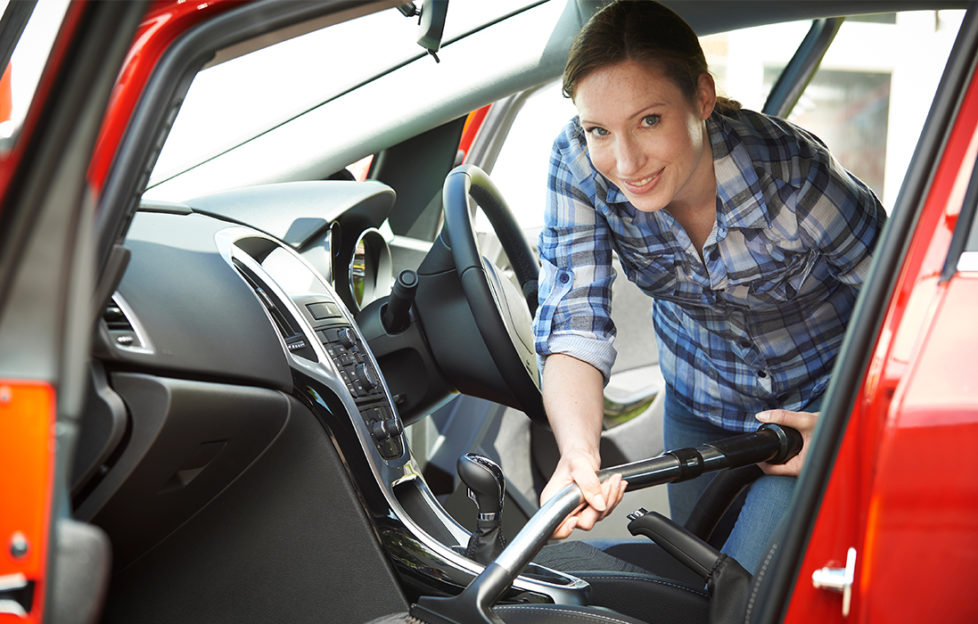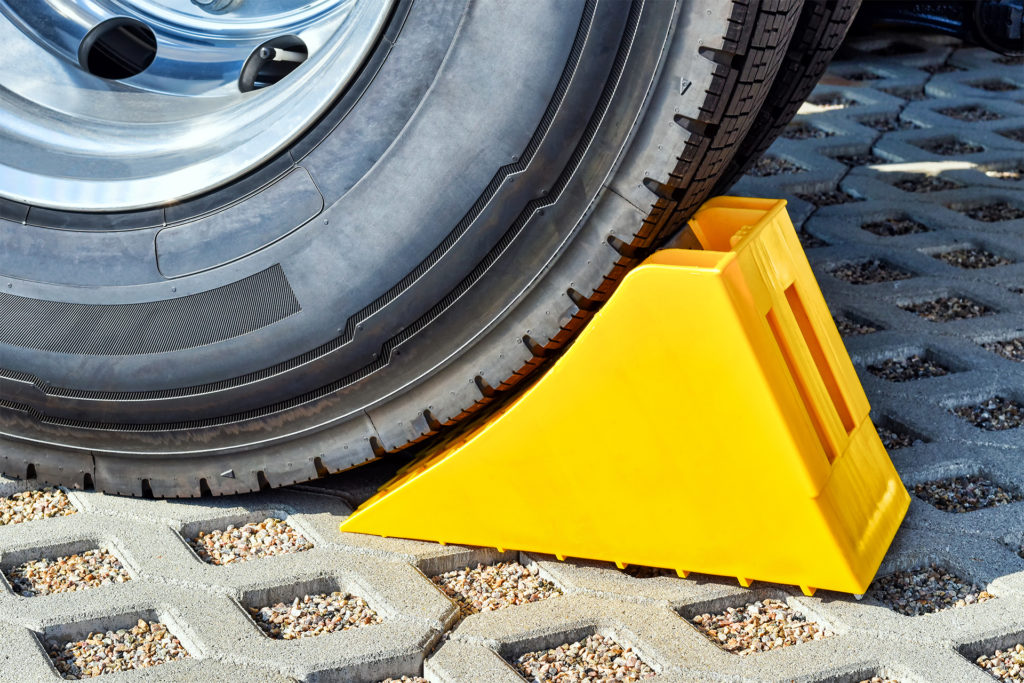5 Lockdown Car Care Tips

Working from home, supermarket shopping deliveries, no visits to family… with the majority of Brits staying in their homes during lockdown, cars across the country may be sitting unused for a long time.
Did you know that lack of use can cause lasting damage to your vehicle? Before storing it away for a significant amount of time, it’s wise to ensure the car is prepared, to avoid any issues when it comes out of storage.
But don’t worry – the experts at Euro Car Parts have shared 5 tips on how to care for your car when it’s off the road.
Protect it against bad weather
It’s a good idea to keep your car protected from the elements if it’s not going to be used for a long period. This is especially true for older or classic cars. Some tips for this are:
- Park in a damp-free environment
If possible, parking in a garage will protect the car from damage caused by exposure to bad weather. Now’s the time for a lockdown clearout to make room in your garage for your car!
Ensure your garage is free from humidity and damp as this can corrode paintwork and cause mould.
- Use a car cover
If you are unable to park in a garage, try covering your car with a model-specific car cover. This will protect it from rain and also sunlight, which can cause the paintwork to fade. Not to mention the attentions of passing seagulls.
Clean before storage
Before storing your car, it’s a good idea to give it a wash to prevent grime from building up and damaging the paintwork.
Remember to clean the tyres, as they tend to hold on to grease, as well as brake shavings and mud. All these can cause damage over time, so be sure to clean tyres thoroughly at the end of the wash.
Rinse the car with free-flowing water before drying with a soft leather chamois or soft microfibre towel, and finish with a good quality wax.
Keep an eye on the mechanics
It might sound counterintuitive, but try to avoid storing your car with the handbrake on. If left for too long, the brakes can fuse or become damaged. A much better alternative is to purchase chocks and place them behind the car’s wheels to prevent it from moving.
If you don’t plan on using the car at all for more than 30 days, then it might be a good idea to remove the car’s wheels entirely and jack it up at each corner.
This is because a car which is left stationary for long periods of time may develop flat spots on its tyres, due to the car’s weight not being well distributed. Although this may sound like a lot of work, you may have to replace your tyres if the flat spots are deemed to be serious.
If you decide not to remove the wheels, ensure that each tyre is fully inflated to reduce the risk of flat spots developing.
Finally, keep your fuel tank as full as possible to prevent rust or condensation forming inside the tank. Check engine fluids such as coolant, to prevent the engine from freezing on colder nights.
Protect the interior
Remember to clean the interior of your car if it’s going to be left for a long time. Organic debris such as food can rot, which at the very least means you’ll be returning to a bad smell. In some extreme cases decayed food can cause damage to your car’s interior.
If your car has leather or coated fabric seats, wipe dust away with a dry cloth regularly. For a deeper clean, use a damp cloth and gentle soap to rub the fabric down. Always soak up any leftover moisture with a dry cloth afterwards.
For other fabric seats, be sure to vacuum the material to prevent dust accumulating. Never use harsh chemicals or household laundry soaps as these can cause discolouration. If you’re tackling a stain, detergents and solvents can be used to get the mark out. But be careful to not use too much water, as any remaining moisture can lead to damp and musty odours.
Turn it over
Leaving your car for long periods of time without driving it can cause the battery to go flat and damage the internal mechanics.
If the situation allows it, a good way to avoid this is by starting your car and driving for about 15 minutes every two weeks or so. This will prevent the battery from going flat and will help to lubricate the engine.
If it’s not possible to drive, then simply starting the engine and letting it run for 15 minutes will help to ensure the battery maintains its charge.
For more driving advice, visit Euro Car Parts’ blog.
Looking to buy a new car?…
Quick Car Finance shares 5 things that may have changed since you last applied for car finance:
Applying for finance doesn’t affect your credit score – only when you’re ready to proceed with the application will the finance provider run a hard credit search, which remains on your credit report for 12 months, but doesn’t make any negative impact on your credit score.
Finance is available even if you have bad credit history – Quick Car Finance is proud to work with car finance companies and dealers who are willing to take a view on applicants with a regular income that have a history of arrears, defaults, CCJs or bad credit – even if you’ve been refused car finance in the past.
Brokers do the legwork for you – brokers like Quick Car Finance compare rates across the market, finding the best prices with reputable dealers. Say goodbye to inflated pricing and commission-based models.
Online applications are fast – you can carry out the entire application online, and receive a provisional quote in less than 5 minutes. When you’re ready to move forward, final checks are typically completed the same day.
All kinds of vehicles can be bought on finance – not just new cars from dealerships. Through Quick Car Finance you can apply for finance for vehicles including vans, bikes, motorhomes and caravans, even second-hand cars.






